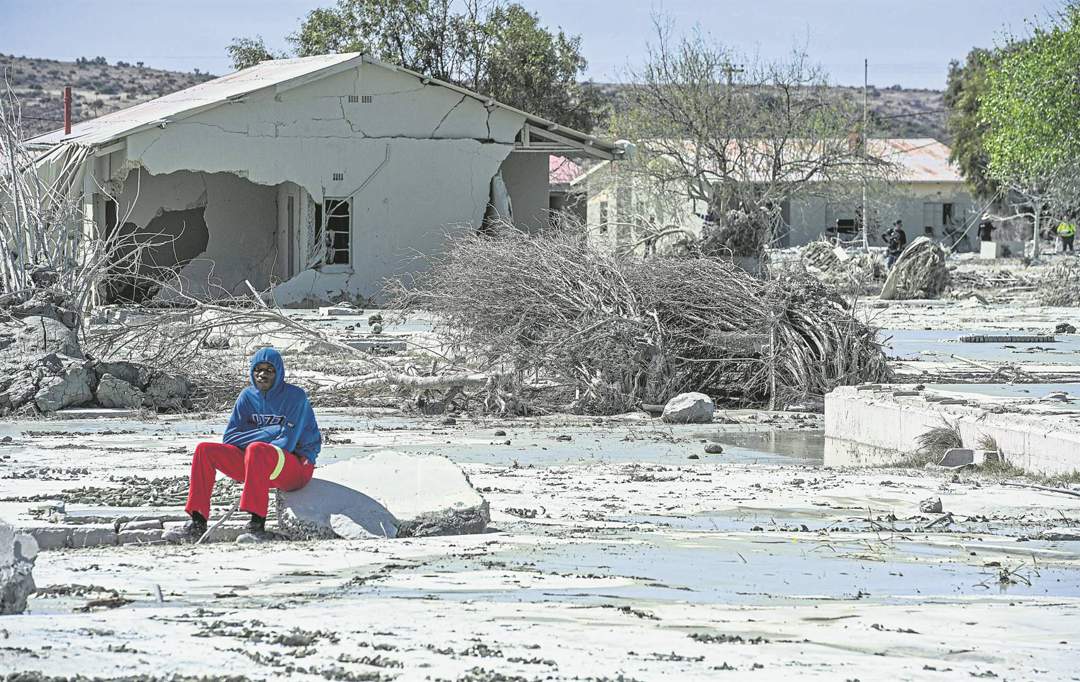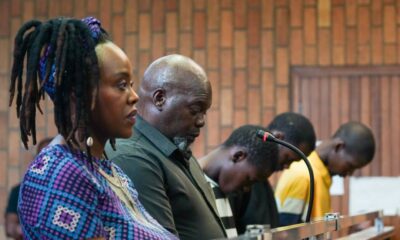News
Five Charged with Murder Over Jagersfontein Dam Disaster

From collapse to court
Nearly three years after the Jagersfontein mine dam wall gave way, flooding homes and farmland with toxic sludge, the first criminal charges have been laid. Five men aged between 34 and 80 have been ordered to appear before the Jagersfontein Magistrate’s Court on 10 September 2025.
They face charges of murder, malicious damage to property, and contravention of the Health and Safety Act. The accused include employees of an engineering company, a compliance officer, and an operations manager. The case follows a lengthy investigation led by the Hawks and the Department of Forestry, Fisheries and the Environment.
The day everything changed
The disaster struck on 11 September 2022 when a dam wall collapsed without warning. Within minutes, sludge engulfed the Charlesville and Itumeleng neighbourhoods, sweeping away homes and forcing more than 300 residents to flee. At least five people were killed, livestock perished, and farmland was left poisoned.
Scientists estimate that more than six million cubic metres of sludge poured across 1,600 hectares of land. Families who lost everything say the trauma is still raw, with some victims never recovered and officially listed as missing.
Civil society pushes for more
Local groups, including the Jagersfontein Lerumo Justice Forum and the Tailings Working Group, have welcomed the criminal charges as a long overdue step. But they also warn that the legal process may be drawn out and are demanding a joint inquest into the deaths under the Inquests Act.
These organisations highlight how activists had raised red flags about the dam’s safety with government departments before the collapse, only to see those warnings ignored. They argue the tragedy exposed dangerous regulatory gaps that new mining legislation now seeks to address.
Human cost and calls for accountability
The South African Human Rights Commission has described the disaster as one of the worst examples of mining’s impact on communities. The collapse killed hundreds of livestock, destroyed grazing land, and erased people’s homes in minutes. Survivors continue to rebuild their lives in the shadow of the devastation.
Families of victims, including those of Aaron Ralehana Moseou and Shadrack Williams, say justice cannot come soon enough. Others, like the relatives of Mantele Mokgadi, who is still missing, demand closure as well as accountability.
A test for justice
Public reaction has been mixed. Many on social media have expressed relief that charges have finally been filed, but frustration lingers that it took nearly three years. Others question whether corporate accountability will follow or if only individuals will carry the blame.
For the people of Jagersfontein, this court case is more than just a legal battle. It is a chance to confront loss, expose negligence, and demand that mining companies and officials alike take responsibility. Whether justice is fully served remains to be seen, but September’s court appearance marks a turning point.
Also read: Chinesi Obasi Loses Appeal in Human Trafficking Case
Follow Joburg ETC on Facebook, Twitter, TikT
For more News in Johannesburg, visit joburgetc.com
Source: IOL
Featured Image: News24



























